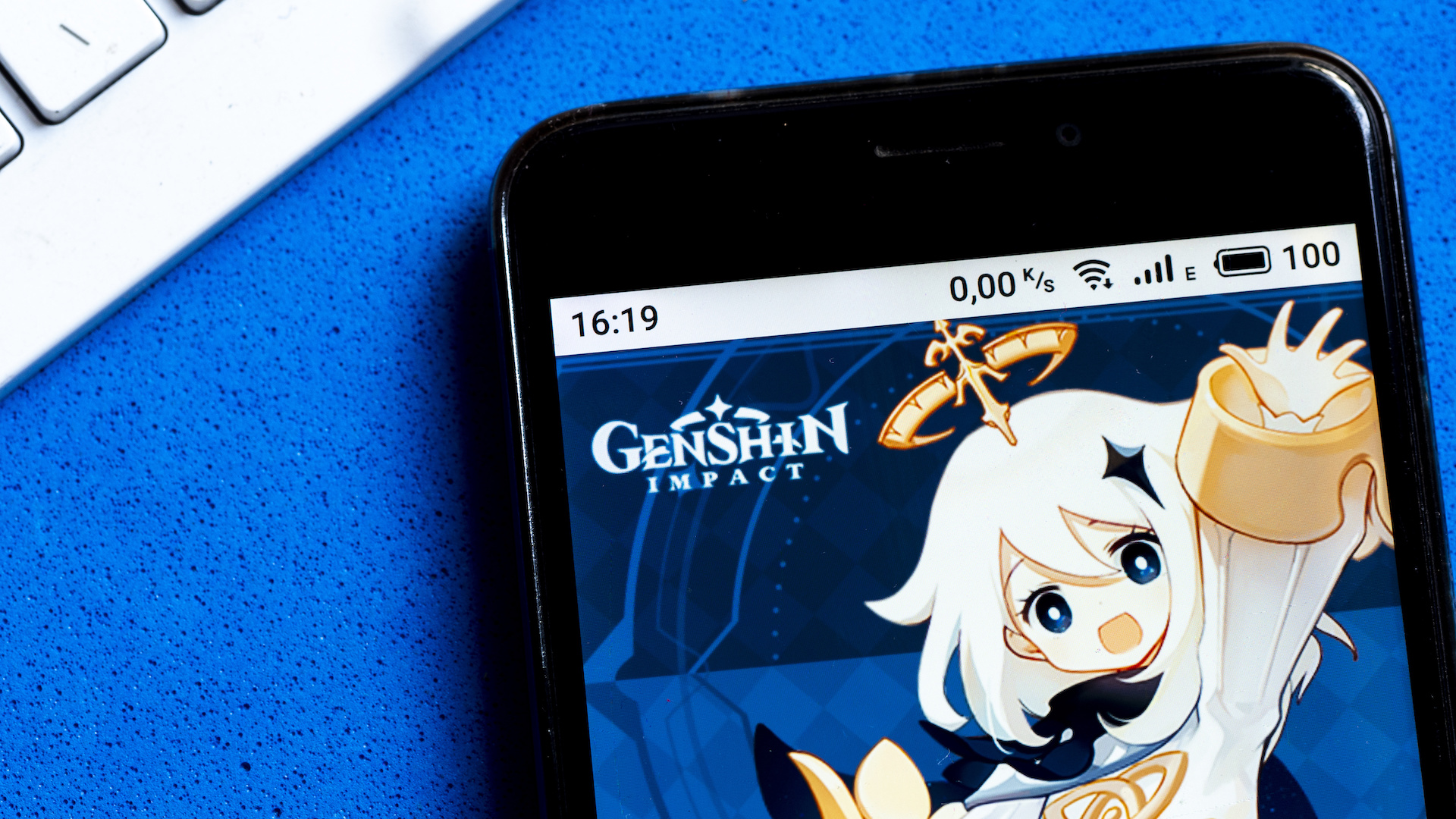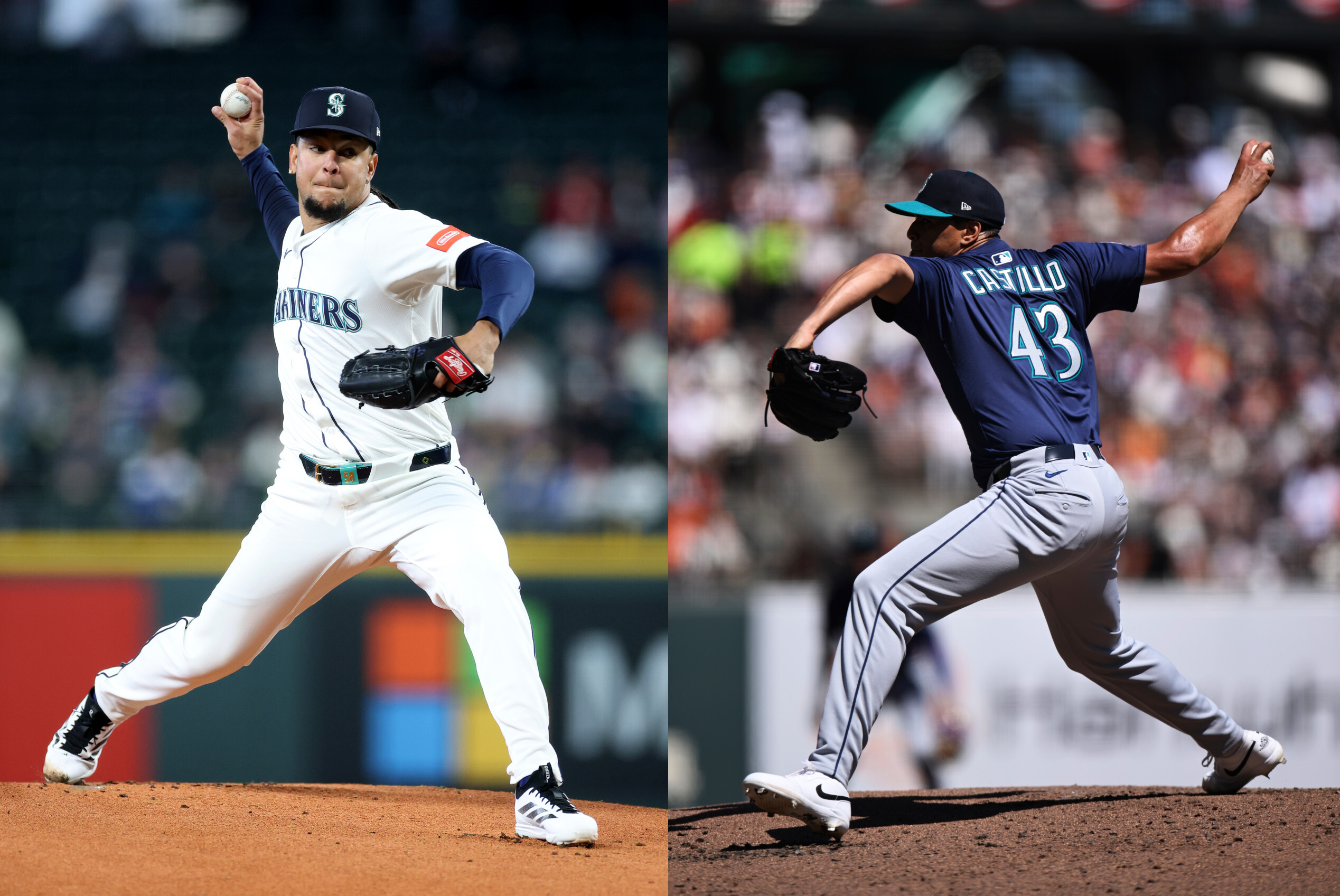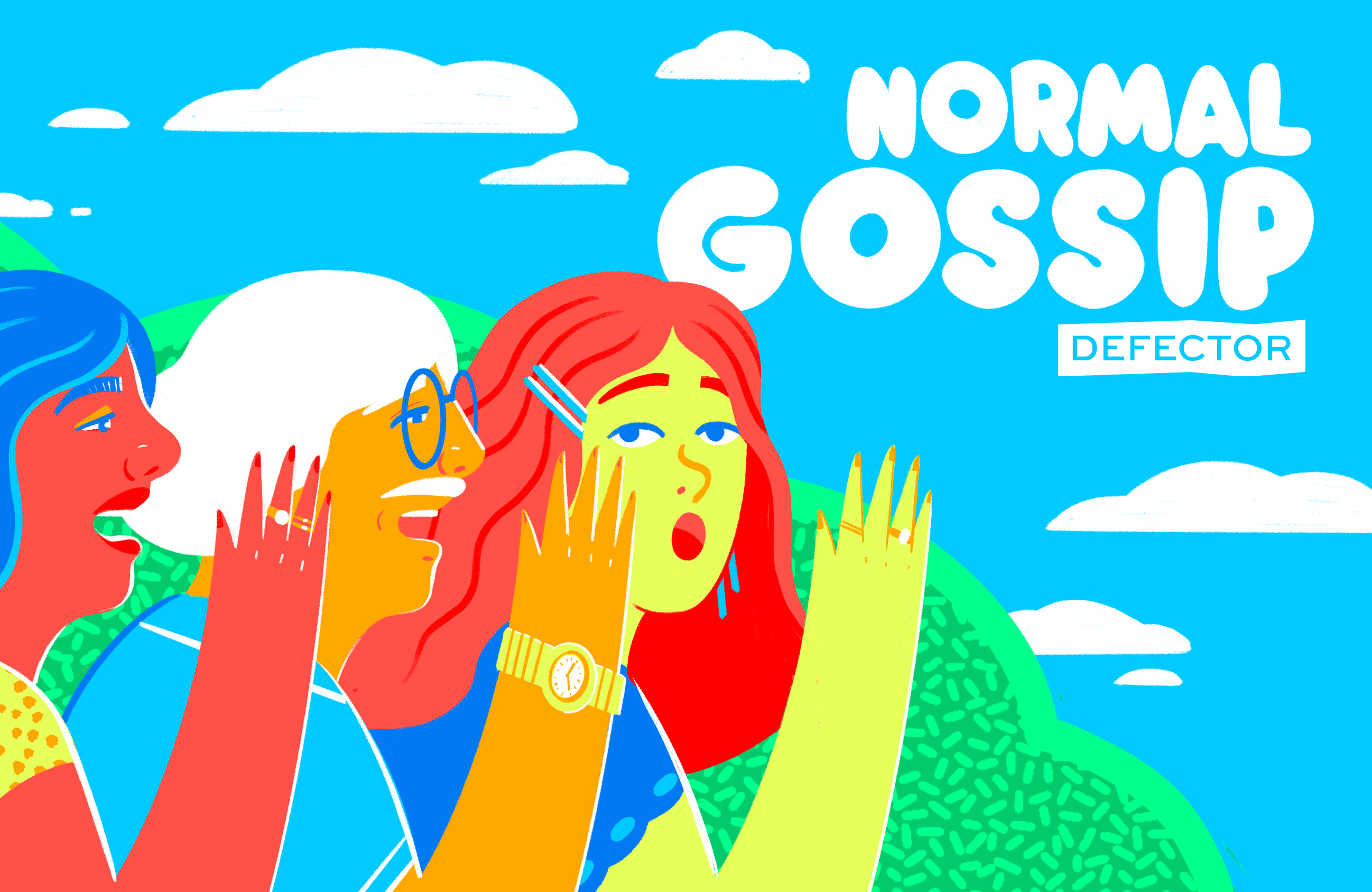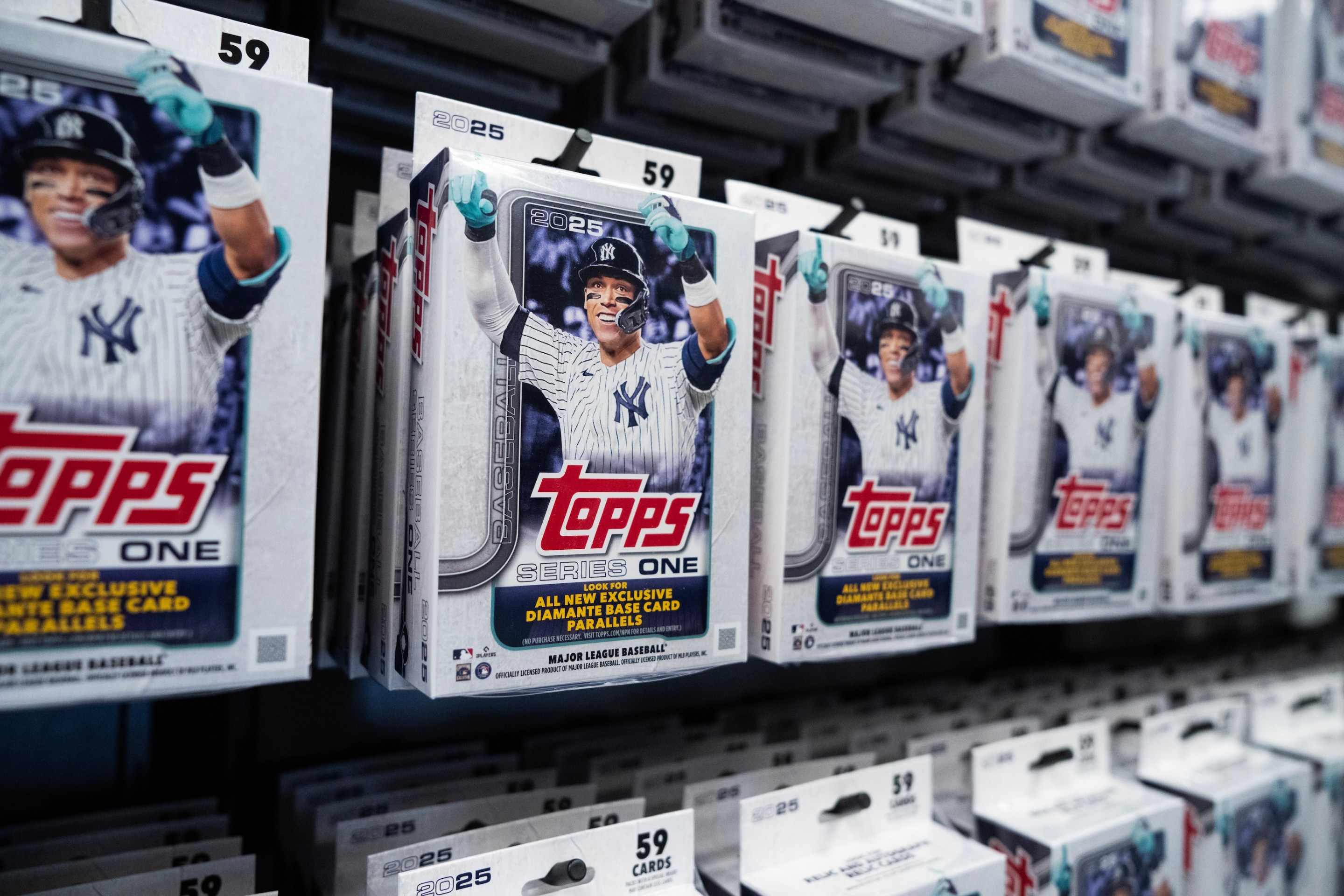I have never once spent money on a gacha game, which is a personal point of pride. On the other hand, I'm playing gacha games—yes, games, plural—in the first place, which is not.
Gacha games vary dramatically in gameplay mechanics, atmosphere, and story—you know, the factors that usually define a video game genre—but they share some key similarities. They are almost always free-to-play mobile games. They have some form of in-game currency that you can purchase with real-life currency. They usually have an anime art style, which follows from their namesake: gacha, stemming from gachapon, which are capsule toy vending machines popular in Japan. Like those gumball machines you find in New Jersey malls, but instead of suspiciously old gum, you get a shiny little toy.
All gacha games have that mechanic. You spend some manner of in-game currency to "roll" or "pull," and in exchange, the game gives you a low chance at a rare in-game unit. This unit, whether a character or a weapon or glorified experience material, helps you progress in game and provides no other value. It's gambling, technically, except unlike sports gambling or even Counter-Strike lootboxes, gacha games make no pretenses at providing any real-life upside. You can't sell or trade anything you pull. You simply use it in game, to earn more in-game currency, to pull again.
If a gacha game is made right, it becomes a money-printing machine. There's limited stamina each day, so you can't grind out improvement materials unless you spend in-game currency to refresh it. Units are relegated to limited-time banners before vanishing for over months at a time. Pity or guarantee mechanics—named that because you are guaranteed to receive one Mega Rare unit by your Xth pull because the game feels so bad for you—make it easier for free-to-play players to save and gain access to units, but also combines with the aforementioned time constraints to encourage you to pull out a credit card for Just One More Pull. Not getting lucky makes you angry, or frustrated, and getting angry or frustrated makes you pull more. Ever tried a claw machine? Turn that experience into a key mechanic for an entire game.
So in that context, refusing to spend money on gacha games is easy to hold up as some evidence of mental prowess. Just being built different, as they say. There are the whales who can spend thousands—and I mean thousands—of dollars on a single unit in a single game, and the dolphins, who might buy the 10-ish dollar battlepass every month and only top-up for units they really want. Then there are the noble free-to-play soldiers who diligently log in every day and beat the game with what they're given.
Of course, even operating from the non-spender high ground, that's hardly beating the system. Your clock still revolves around the game's clock. This is not a phenomenon limited to gacha games, but one true to any constantly updating mobile game with in-app purchases. As Tony Tulathimutte aptly notes on Clash of Clans, the game's true currency is time. Every day you have to log in to receive your daily log-in bonus and finish your daily quests (your "dailies"); some days you have to dedicate a little bit more time to finish your weekly quests (your "weeklies"). If you don't log in, not only do you miss out on your daily rewards, but your stamina will also cap out and go to waste. If you forget to play for a couple of weeks, it's no big deal—the game might welcome you back with some returning player rewards, but it certainly won't add up to what you would've gotten if you'd just dedicated those five minutes from your day instead. Each big patch, which usually drops every month or two, brings hours worth of content that you can either rush over the course of the first couple of days, or spread out over a week or two, depending on how much time you have on hand. Some content is time-gated so you can't rush it, however much you want to—you'll have to wait another 16 hours and log-in again.
If a gacha game is smart, it will be beatable for players who don't spend money—it'd take longer, for sure, but it still wouldn't require an undue amount of effort or skill. After all, any free-to-play player is a spender waiting to happen: just wait for the right unit drop, the right stretch of poor luck. But even if time stretches across months, a year, until the free-to-play player is really looking like they'll be free-to-play forever, what does the game care? Someone out there is already spending thousands a month. If the game can't have your money, it'll gladly take your time.
You might've heard of Genshin Impact and its fluffy little fairy companion, Paimon. Or, at least, you might've heard that HoYoverse, a Chinese game developer, reportedly made $2.27 billion in net income in 2022, mostly thanks to Genshin. Genshin, which was inspired by Zelda, stands out by truly being Not Your Typical Gacha Game. It has some truly abysmal summoning rates (a 0.6 percent chance of getting a five-star character or weapon that ticks up to 1.6 percent if you factor in pity, with a guaranteed five-star within 90 pulls), that are offset by the fact that it's a genuinely huge open-world, action-roleplaying game.
Particularly devout fans describe Genshin as a proper video game that's monetized through gacha. I think that's a particularly rosy view on it, because it's hard to separate the objectively predatory monetization efforts from the game itself—even if you don't need to whale, you still absolutely need to gacha in order to play through the content. But there's no doubt that Genshin provides far more than what most mobile gacha games can manage, and that HoYoverse has made the decision, correctly, that it was a worthwhile investment.
I don't play Genshin for device-related reasons, but I do play its sister game, Honkai: Star Rail, which forsakes the open world of Genshin for turn-based combat and far better writing, at least in the early game. A recent Honkai: Star Rail quest featured a bit where the main character opens up 10 boxes—effectively loot boxes—and finds 10 pieces of trash, except one of them is golden. It was amusingly self-referential, and also somewhat off-putting to see the developers make a nod, however tongue-in-cheek, to the ludicrous enterprise of gacha—that even if you win, you aren't really winning anything of value at all, and everyone, HoYoverse included, is in on the joke.
Confession time: I don't actually think I'm built different. It's not a matter of mental fortitude. Instead, it's partially habit (when I was a child, my parents weren't big on the idea of spending money on video games, no matter how much I begged for a Wizard 101 membership; therefore, I do not spend money on mobile games now) and mostly shame. I've rationalized why I could spend some money, just a little bit of money on these games plenty of times before—$10 a month is the equivalent of two oat cappuccinos from the coffee shop down the street, I am gainfully employed and it's my own money, it's not like I'm spending that money on much else—and then I multiply $10 over 12 months and imagine spending $120 on a free-to-play mobile game for literally nothing of real value in return and it knocks me right back out of it. Then, naturally, I use my sense of deep satisfaction in making such a smart, reasonable fiscal decision in order to purchase Fire Emblem: Three Houses and its DLC instead.
Which is actually one of the other gacha games I play. Not Three Houses, precisely, but Fire Emblem Heroes, an Intelligent Systems gacha that works from pre-existing Fire Emblem intellectual property. I started playing Heroes around junior year in high school, years before I touched any Fire Emblem mainline game, purely because I had friends who were playing. My attachment to characters stemmed from whether or not I had them, and how good they were. Once a kid asked me what my favorite Fire Emblem character was, and I said, "Uh, Hector?" and then they said, "Ew, no, Hector's so boring." We were, of course, having two different conversations: I was talking about the Heroes version of Hector, an unstoppable tank who had the then-rarefied Distant Counter, and they were talking about the Blazing Blade version of Hector who they thought had a very bland personality.
I stopped at some point before college and didn't touch gacha games for literal years before I got bored senior year. At this point, I had played through a couple of the mainline games, so I had emotional attachment to go in with. I'd forgotten whatever Nintendo account I made back then, so I created a new one. I texted the friend who originally got me into Heroes in high school, "you jshould [sic] play feh again," and he texted back "Oh no" and then "Don't do that to me." I bravely forged on, alone, and found myself in a completely different game. Weapon descriptions that used to have bonuses like "Unit attacks twice" or "Grants Atk +3" now had text that literally filled up the entire screen. Over four years later, and power creep had sunk its teeth deep, deep into Heroes.
Power creep is a common fate for many a collectible game with PvP as the endgame, like gacha or trading cards. A player already has very powerful units; only releasing more units of the same power level doesn't incentivize players to want to buy more. So, you make each new release more busted than the next, until the players who want to have half a chance against other players have to spend money. It's often a death knell for a gacha game—if not the cause, then a symptom of a dwindling player base that needs to be squeezed for all that they'll give. Still, even the most pessimistic of Heroes players have to admit that end of service is likely still a while away; the endless beauty of gacha is that you do not need a peak playerbase to be profitable.
This was the landscape in which I reentered Heroes. If you haven't guessed from the lede, I still didn't spend any money; honestly, I didn't even feel tempted. I'm competitive, but not so competitive that I care about whether my Arena rank hovers between 19 and 20 as opposed to 18 and 19. It is still possible to hit the peak of all the primary competitive game modes in Heroes without spending money, but it requires a degree of planning and commitment. I can be a freak about games—thanks to some guy, I've put together a whole-ass spreadsheet to help plan out how I want to tackle Three Houses on its highest difficulty—but I'm not that much of a freak. Quoting from a text I sent back in December 2022 in regards to the dedicated players of r/FireEmblemHeroes: "i respect it but i cannot be it."
The lack of drive to succeed in the endgame content raises a very valid question of what, exactly, I get out of playing Heroes, if not competitive satisfaction. Heroes doesn't exactly have much by ways of difficult PvE content; if you aren't pulling to succeed in PvP, then what are you pulling for? To a certain extent, I enjoy the process of collecting. I see unit I like, I pull for unit I like.
I am a hoarder in every video game I play. I don't use healing potions. I finished Baldur's Gate 3 with pounds of spell scrolls. If you browse Reddit, you'll find the occasional posts by whales showing off their barracks filled with maxed-out units, or free-to-play players revealing their very first. You'll also, occasionally, find a screenshot of a free-to-play players' stash of unspent orbs (Heroes' in-game summoning currency), so massive that they can pull the same character 30 times over.
Why? Some players are waiting for a character to finally make their appearance. Some players are amassing fake currency because they genuinely have no interest in pulling for any units, or because they want to amass fake currency purely because they can. I'm not quite on that level, but I get that last impulse the most. No matter when end of service comes, you'll be there with your stash of unspent orbs, secure in the knowledge that if what you want finally comes, you will be prepared, and if it doesn't, you will want nothing more.
Anyway, the day after I tried to get my friend to pick up Heroes again, he texted me "Ugh," and then "Which of the heroes are good." The day after that he sent, "Why you gotta do this" and "Ive played too much in one day." In my defense, he's also free-to-play, which means that the only thing I'd wasted was his time.
Before a few days ago, I actually hadn't touched either of my gacha games in months. It was, once again, not a feat of mental fortitude. It just sort of happened. In late October, shortly after I returned from the woods, I went on vacation and spent most of my days walking around (and up and down) San Francisco. In the evening, when I actually had the time to queue up my Honkai: Star Rail dailies, I found that I just didn't want to. I didn't want to? I spent most of the past few months often wishing for even more content. But, no, 10 minutes a day suddenly became 10 minutes too many, and while I managed for the first couple of days, I just stopped logging in. Once I stopped logging in, I just—forgot about it. Whatever itch Honkai: Star Rail had scratched over the past few months was soothed entirely by my vacation. Here was a thought: Could it be that my gacha games were simply trying to fill a void in my life?
I find my gacha gaming habit embarrassing, which is obviously why I'm writing about it on the internet. Some of that embarrassment comes from both ironically and unironically liking a game that makes its marketing tactics clear by consistently designing radically proportioned female characters. The other part is that it feels like such an inane hobby in comparison to other things I could be doing with my time, including, even, other video games. I mean, it is an inane hobby! Each time I lay it out, I want to insist on some level of self-awareness as defense, which, of course, was a phenomenon Tulathimutte also wrote about: "If I were to defend myself, I could wax poetic about how games and novels offer vivid vicarious experiences and broaden your worldview by putting you in the minds, bodies, and circumstances of other people, but that’s disingenuous. I read and play games because I want to and nobody is making me stop."
This is not to argue for gauche consumerism, and I suppose this is where the non-spender high ground comes in handy: after all, I'm not spending money at all. Whatever gacha games do for me, a vacation that I loved satisfied the same itch; that is, at least, enough for me not to make the deeply pessimistic argument that the only way to win a gacha game is not to play at all. I have to work, and some weeks that feels more like I have to work, and that's coming from someone who likes their job. Outside of that, I'd like some goal to orient myself around.
In the space when I wasn't playing my gacha games, I beat my first playthrough of Baldur's Gate 3. I beat my first playthrough of Fire Emblem: Three Houses. Then I saw a notification on my phone telling me that Fire Emblem Heroes was celebrating its seventh anniversary and offering up some free rewards in celebration; Honkai: Star Rail was about to move onto 2.0, with a brand new planet, and, naturally, also offering up some free rewards in celebration; and I was back in it, all over again. After all, the only way to win is to enjoy your money's worth.






